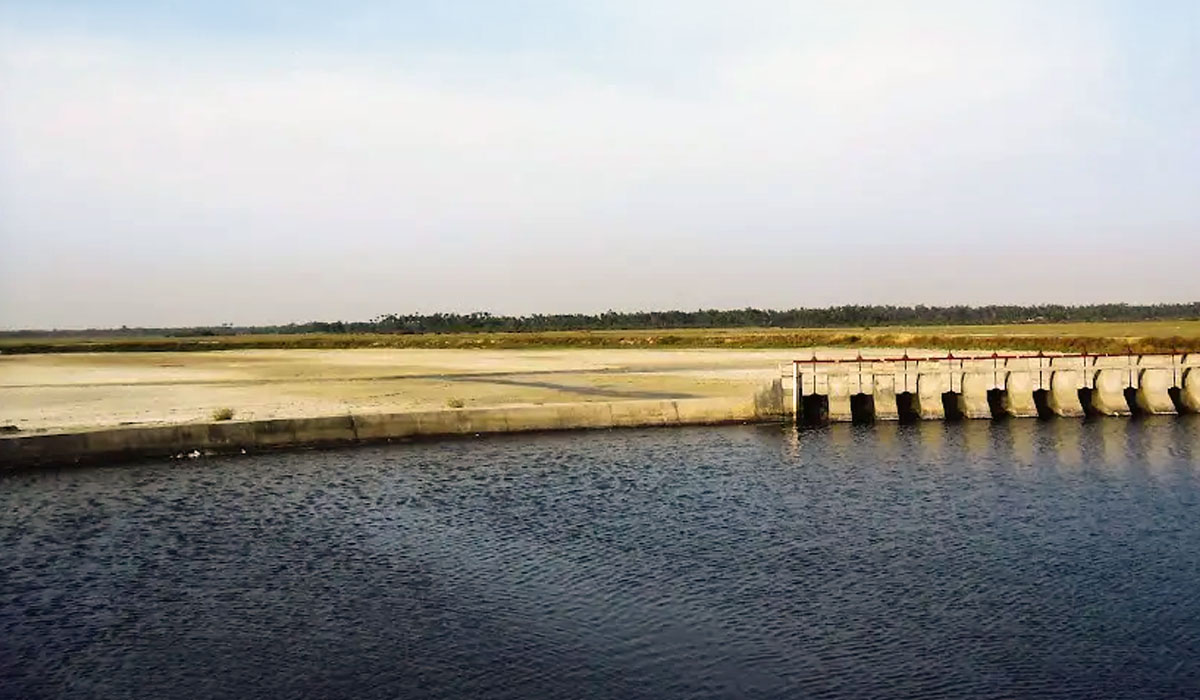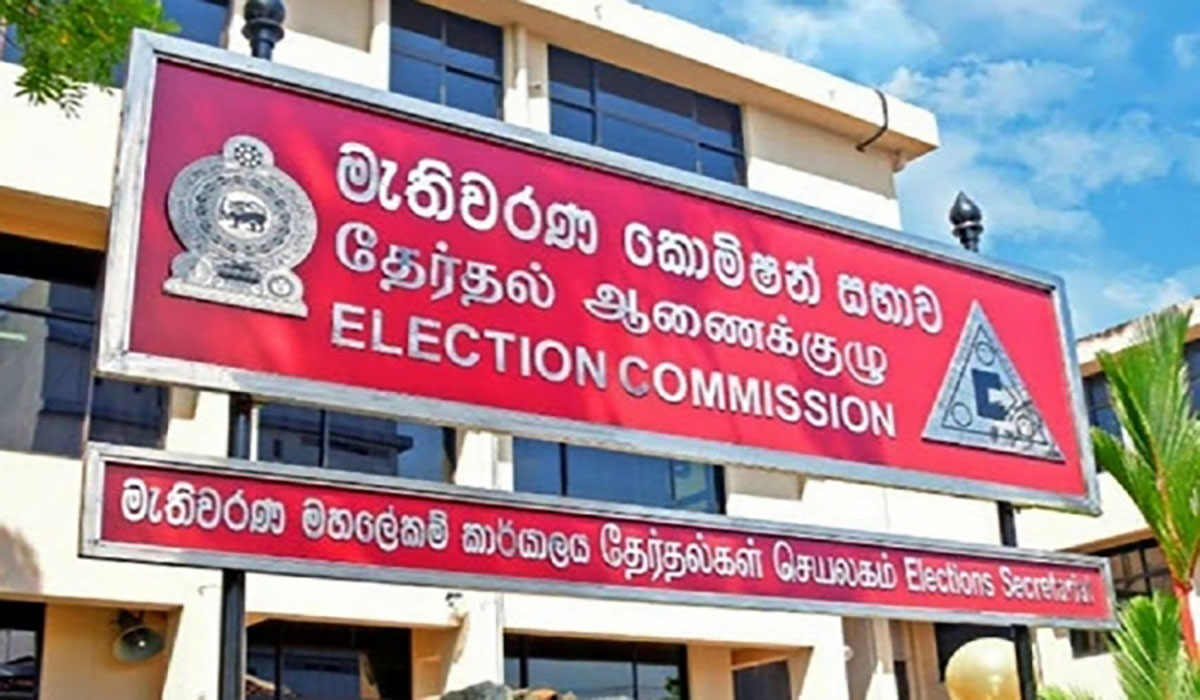Jaffna, nestled in Sri Lanka’s Northern Province, has a serious water problem. Picture this: thirsty fields, salty wells, and rice paddies praying for rain like it’s a miracle cure. It’s a classic case of water, water everywhere, but not a drop to drink—unless you enjoy your water with a pinch of salt!
President Ranil Wickremesinghe recently proposed a grand plan: let’s give Jaffna a new river! Sounds fancy, right? But here’s the catch: the last time Jaffna got a river, Valuki Aru, it turned out to be more of a seasonal stream, drying up for most of the year. Now, the President wants to build another one, connecting lagoons and closing off the Elephant Pass lagoon to turn it into a freshwater reservoir. Ambitious? Yes. Practical? Well, that’s debatable.
 The plan involves some serious engineering, like reinforcing the barrages at Thondamanaru and Navatkuli and digging a 4-kilometer-long channel. But all of this relies on the hope that it’ll rain enough in the Vanni region to keep the new river flowing. And let’s be honest, rain in Vanni is about as reliable as a politician’s promise—there one minute, gone the next.
The plan involves some serious engineering, like reinforcing the barrages at Thondamanaru and Navatkuli and digging a 4-kilometer-long channel. But all of this relies on the hope that it’ll rain enough in the Vanni region to keep the new river flowing. And let’s be honest, rain in Vanni is about as reliable as a politician’s promise—there one minute, gone the next.
So, what’s a better solution? Critics are saying, “Why not do what Singapore did?” You know Singapore—a tiny island, with lots of people, not a lot of fresh water, and yet, they’ve managed to keep everyone hydrated and happy. How? Desalination plants! These nifty facilities turn salty seawater into fresh, drinkable water.
Imagine this: Jaffna is dotted with sleek desalination plants, sucking up seawater and spitting out fresh water like magic. No more salty wells, no more praying for rain—just good, old-fashioned fresh water on tap, whenever you need it.
And here’s the best part: this fresh water wouldn’t just be for drinking. Farmers could use it to water their crops, which means no more fretting over inconsistent rainfall. Plus, with a steady water supply, they could even start planting crops that thrive in salty soil, like certain types of paddy and coconut.
On top of that, using desalinated water means Jaffna could give its overworked groundwater a break. The aquifers could finally catch their breath and maybe, just maybe, start producing decent water again.
Sure, turning lagoons into freshwater sources might help a bit in the short term, but if Jaffna really wants to solve its water crisis for good, it might be time to take a page out of Singapore’s book. Because let’s face it, a reliable, year-round supply of fresh water beats a seasonal river any day of the week.








